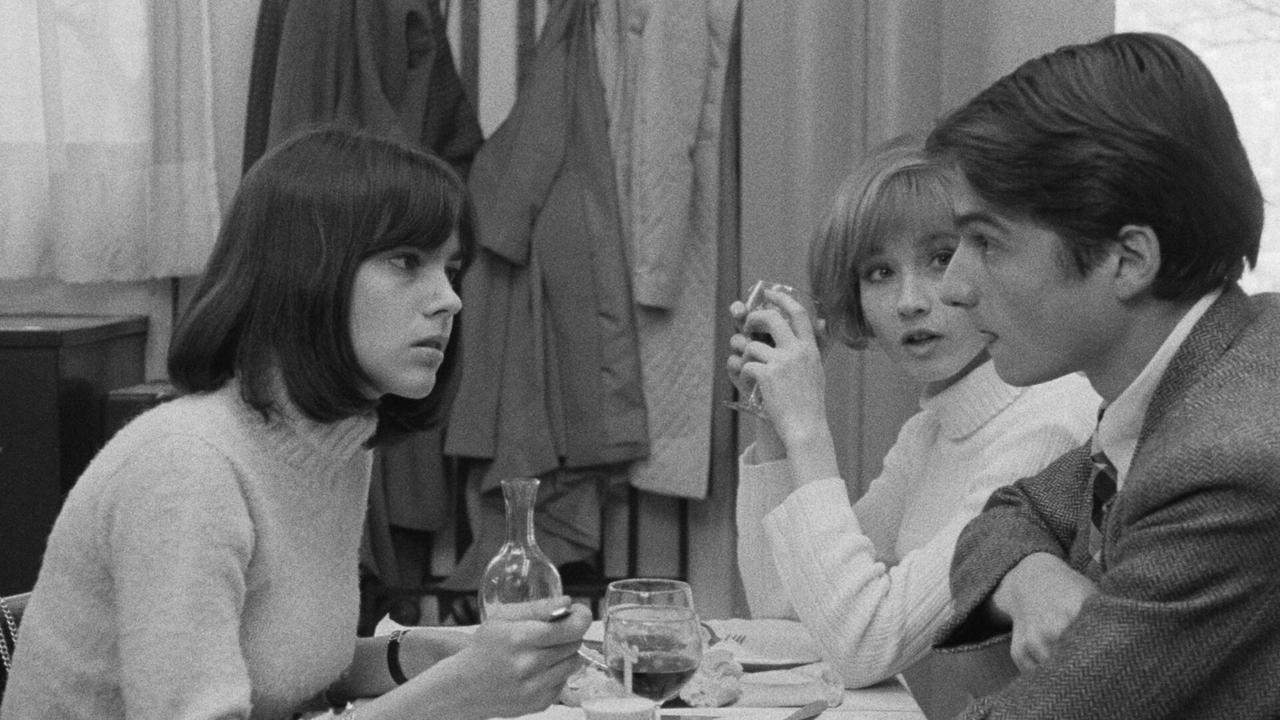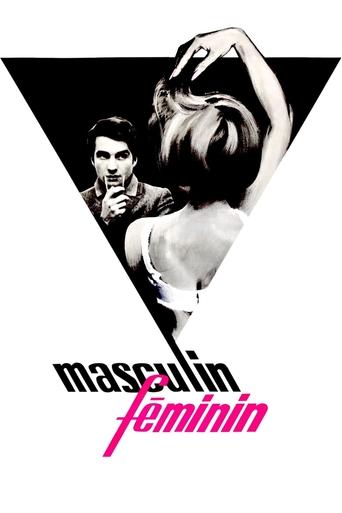

Sometimes movies can make me feel really stupid, simply because I don't feel like I understand them. This is also really the case with this movie. Don't get me wrong, it's still a good watch but at the same time I really don't see or understand what it is exactly trying to do or say.I don't get the movie its symbolism and messages but even despite that the movie remains a good and interesting one to watch. Yet at the same time I'm also still constantly thinking; why are you showing me all of this and what are you trying to tell with your story and certain moments. Not to sound too disrespectful but it's a quite pointless movie, since I got nothing out of it and in my opinion also is a movie you can very easily do without.It's one of those movies that seems to be a random slice of life. I can really like these kind of movies, if they tell an intriguing enough story. And I wouldn't exactly call this movie a very involving one, mainly since it isn't always going anywhere with its story. It's still interesting to see the characters do their things and interacting with each other but I only did wish that sometimes the movie would have a more clear point to all of it. Technically I can't say anything bad about this movie. It's obviously capably directed by Jean-Luc Godard and the movie has good, atmospheric black & white camera-work, like you would expect from a French genre movie of the '60's.If this movie sounds like it's right up your alley, by all means go and watch it but to me most people this movie will still be a bit of a pointless watch. No not bad, just redundant. 7/10http://bobafett1138.blogspot.com/
... View MoreLet us start with the bad news. Unfortunately with the film Masculin Féminin, Jean-Luc Godard clearly produced a child of its time, the roaring sixties. It has become hopelessly outdated. The good news is: if this is your generation, or if you find the era fascinating, you will still find Masculin Féminin amazing. It was made in 1967, and depicts the lives of students in Paris during the year 1965. We land in the time of L'imagination au pouvoir (Imagination in power), an ideal that was more or less copied from the USA, being in the wake of the civil rights movement. To be fair, most post-war cultural developments stem from the USA. In France there was a growing resistance against the government of Charles the Gaulle. The people were no longer prepared to accept Unjustified authority. Godard assimilates this rebelliousness in his art of filming, and abandons the established rules of the trade. Note that this approach is called Nouvelle Vague, not New Wave! On the one hand his new vagaries introduce originality, and on the other hand they sometimes look amateurish (amazing for such a great director!). An example: there is a small film inside the film, and it is always nice to have two for the price of one. Many of the dialogs are interwoven with street sounds. Several scenes are surrealistic, for instance when a man stabs himself for no reason. Often the dialogs have the form of interviews. Typical is the preoccupation with revolution and with revolutionary philosophers (Sartre, Karl Marx) and artists (Bob Dylan). The traditional French society opens up in favor of the American way of life. Perhaps the major theme and certainly the most exciting is the sexual liberation. The script breaks tabous and openly discusses commitment, sexual freedom including many-cornered love affairs, birth control and family life. Sure, such dialogs do not portray normal conversations. However, it does reflect on the improved sex education and on some emerging extremely liberal circles. And the characters explore each other, which is interesting. In retrospect the rebellion of the time ran on and became deprived of the sense of reality. The counter-culture was mostly nonsense and not viable, You just can't have the imagination in power, without affecting the standard of living. Therefore, in the eyes of the present-day viewer the film must look more like a comedy than a serious accusation against the institutions and relations in our society. Nevertheless, is it really naiveté - the idea that the rejection of evil will by itself produce something else that is good? The emotions more than compensate for the lack of quality in the film. So if you are in for something different, I can recommend Masculin Féminin. An American film about the same theme, and of higher quality, is Strawberry Statement. You may also consider seeing the Swedish film Tillsammans - let us skip the word amazing here. Or some of the other films about counter-culture, that are in my list of reviews.
... View MoreWhile i do enjoy other Godard films like Breathless and Band of Outsiders. This film is an exercise in frustrating boredom. Their is little substance to this film. The main character seems to be the only actor trying. The rest of the performances in this film seem to only be capable of getting across to the viewer that they are in fact watching a movie. The film is broken up into several long, poorly composed shoots. The go on so excruciatingly long that you wonder if the film was even edited. The complete meandering of the dialog only serves to draw out the pain of watching this film. In a film that builds up the idea of senseless violence from the very beginning the end comes out of left field and just serves to put a final stab into a long dead film experience. Clearly a wasted effort by a great director.
... View MoreIt's strange this movie has not a single French comment.More than any Godard movie (I must confess I'm not a Godard fan,by a long shot),this one depicts a world now gone ,the world of the French sixties youth ,of the "Mademoiselle Age Tendre" magazine ,the world where a "pop" singer Chantal Goya used to sing "Si Tu Gagnes Au flipper" ("Should you win if you play pinball,then you've lost my heart ,'cause I know you've dated my best friend" exciting huh?).Every year the trendy girls used to elect their "Mademoiselle Age Tendre" and the winner had tons of presents and had the privilege of dining with Johnny Hallyday,Françoise Hardy and other "pop" stars of the era.Godard shows one of the lucky recipients and for once he displays some humor.Abortion and suicide did not exist in the sixties youth world they (magazines and radios) built for them,but in Godard's flick,they loom in the background.The director makes a tricky use of the words "féminin" and "fin".It's Marlene Jobert's first important part.You had to be here ,I guess.For people who did not live in France in the sixties ,it is an honest time capsule
... View More